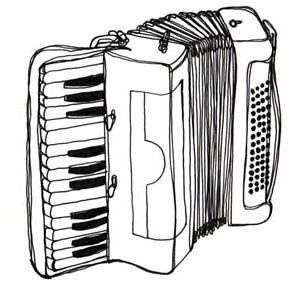The distant green mountains of North Carolina are speeding past my train window. I am eating an omelette, drinking coffee, watching America go by at eye level.
The train whistle screams. Two long whistles. One short. One long.
That’s whistle code. It means we’re approaching a highway grade crossing. Whistle code is the law. All trains traveling upwards of 45 mph are required to sound their horns this way a quarter mile before each crossing.
These are things you learn in the dining car.
I have a thing for trains. Always have. When I was a kid, I was one of those annoying little redheaded boys obsessed with locomotives. Some boys were into dinosaurs. Others were deeply committed to Richard Petty. My thing was trains.
I owned all the toys, of course. I had miniature versions of famous locomotives like the Super Chief, the Flying Scotsman, and the City of New Orleans. Also, I could make all the train noises with my mouth. Still can.
But my family didn’t ride trains.
We changed our own motor oil for crying out loud. All I could do was park my bike at train crossings and fantasize when trains blew past.
This is why riding trains is a big deal for me. Sure, I realize trains aren’t as flashy as air travel. They aren’t even efficient in our current Jet Age. A commercial airliner averages speeds of 575 mph. This train rarely exceeds 47 mph. But slowness is precisely why I love trains. Trains are laid back.
Yesterday, I boarded the Amtrak’s Crescent No. 20, which left from New Orleans bound for Philadelphia. I almost missed my train because of traffic on the interstate. I arrived in a frenzy, sprinting through the station, and finally reached the platform with three minutes to spare.
I was out of breath. My leg muscles burned. I was stressed. And since I’m used to dealing with embittered…










